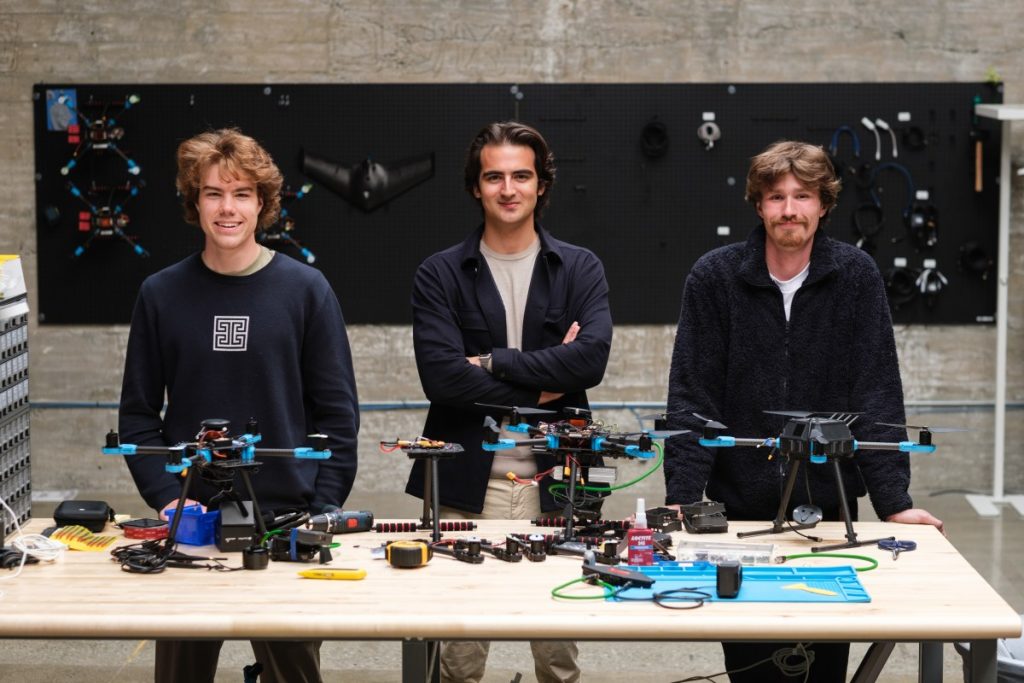On February 18, 2024, Ian Laffey shared on X that he, alongside Sacha Lévy and Carl Schoeller, developed an affordable drone during a hackathon. This drone utilized its camera and Google Maps to determine its location, bypassing the need for GPS. All three participants, engineers under 25, recognized the technology’s potential to address the issue of GPS jamming affecting drones in Ukraine, where operators often rely on visual guidance through high-tech goggles, complicating operations in adverse conditions.
Growth and Funding
Following the hackathon, their tweet garnered significant attention, leading the trio to apply for Y Combinator’s Spring 2024 cohort, where they were accepted. Their resulting San Francisco-based startup, Theseus, recently secured $4.3 million in seed funding, largely supported by First Round Capital, with additional investments from Y Combinator and Lux Capital.
Market Position and Technology Focus
Theseus enters a competitive landscape filled with drone startups. Notable companies include Skydio, focused on replacing Chinese drones in U.S. law enforcement, valued at $2.2 billion in 2023, and Shield AI, specializing in reconnaissance drones, which achieved a $5.3 billion valuation last month. Anduril, a major player in defense technology, also launched a new drone last year and is reportedly pursuing a $28 billion valuation.
While Theseus does not manufacture drones, it concentrates on providing the essential hardware and software needed for unmanned military drone operations without GPS. CEO Carl Schoeller emphasized that their technology is designed solely for navigation, not targeting, ensuring a focus on efficient movement from one location to another.
Future Prospects
Though Theseus has not yet secured contracts with the U.S. military or been deployed in combat, the company is leveraging its recent funding to enhance its technology and recruit three engineering roles. Their initial success sparked interest from U.S. Special Forces, leading to an agreement for early-stage testing. The company recently conducted trials at a confidential Special Forces base, showcasing their system’s capabilities.
The decision for Laffey, Lévy, and Schoeller to co-found a startup so soon after meeting is generally discredited; however, for Theseus, this gamble has proved fruitful, as reflected by Schoeller’s remarks on LinkedIn regarding their unconventional beginnings.

